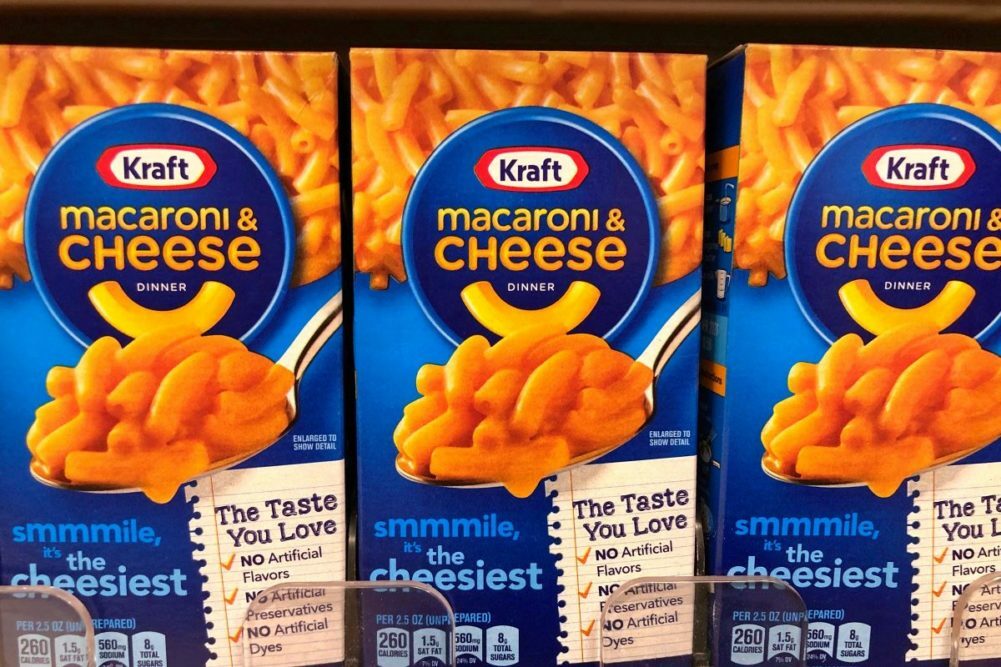NEW YORK — Following a protracted period of struggles, the improving financial picture of Kraft Heinz Co. has been rewarded with an upgrade of the company’s credit rating. On Feb. 24, Moody’s Investor Service raised the Kraft Heinz unsecured credit rating to Baa2 from Baa3.
“The upgrades reflect the significant progress the company has made toward reducing financial leverage and improving its operating performance in recent years,” Moody’s said. “The company has benefited from its new enterprise strategy and operating model under the leadership of Miguel Patricio who became chief executive officer in 2019, centered around consumer platforms and emphasizing innovation and brand support. Following the divestitures of certain assets, which also helped the company reduce debt by over $8 billion in the past three years, the company is now focused on the growth phase of its business transformation plan.”
The upgrade reflects strong financial results following sub-par bottom-line outcomes in four of the previous five years. Net income of $2.4 billion in 2022 followed net profits of $1 billion in 2021, $356 million in 2020, $1.9 billion in 2019 and a loss of $10.2 billion in 2018. Kraft’s long-term debt ended 2022 at $19.2 billion versus $30.8 billion at the end of 2018.
“Moody’s anticipates that Kraft Heinz is better positioned to execute on its strategic initiatives to capture organic growth, control overhead, and manage its service levels,” the ratings agency said. “While margins have recently been pressured by inflation, and volumes as well because of pricing taken to cover inflation, improved supply chain performance and pricing that is catching up to cost inflation should begin to improve the EBITA margin modestly.”
Kraft Heinz has experienced tighter margins recently because of brand investment and inflationary costs, but Moody’s noted that the company EBITA margins are wider than most of Kraft Heinz’s packaged food industry peers and that the company has stabilized market share and improved organic growth.
“The ratings also reflect Kraft Heinz’s improved credit profile following divestitures of certain slower growing businesses that were more susceptible to private label competition,” Moody’s said. “These divestitures included the sale of Kraft's Natural Cheese business to Lactalis for $3.2 billion as well as Kraft’s nuts business (under the Planter’s brand) to Hormel Foods Corp. for $3.35 billion. The proceeds of these asset sales were largely used to pay down debt and reduce leverage.”
Moody’s said the company’s debt-to-EBITDA leverage has fallen to 3.5 in 2022 from 4.7 in 2019 and projected further reductions ahead.
In trading on the New York Stock Exchange, shares of Kraft Heinz closed at $39.75 on Feb. 23, down slightly from $40.71 at the end of 2022 but up from $34.45 at the end of 2021 and a low of $24.01 in February 2020. The all-time high for Kraft Heinz stock was $97.77 in February 2017.





